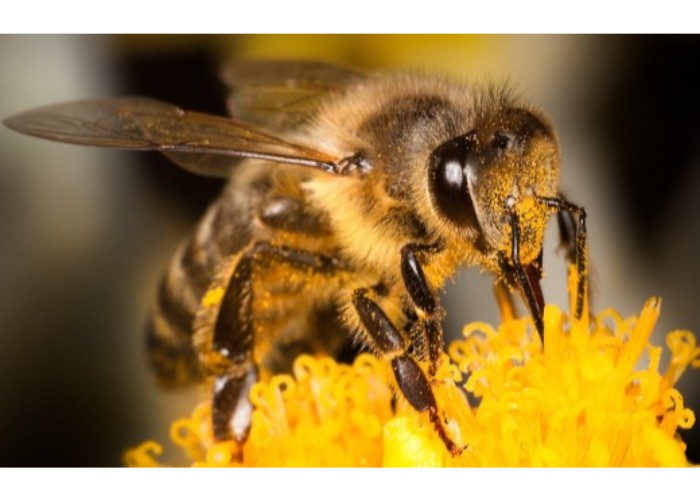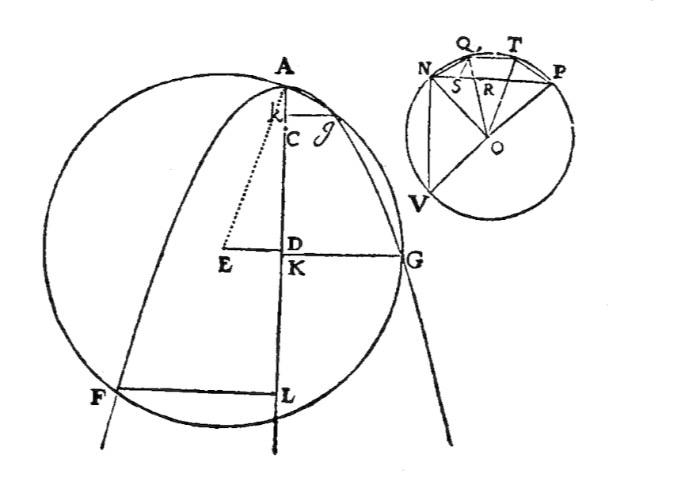The English language is filled with idioms and expressions that have long been in usage. The issue is, not many can say for sure what the origins of those expressions. However, when someone uses one of these expressions, everyone understands the information being passed across. This piece will look into five of the popular idioms and their shocking origins.
1. Busy as a bee

This is arguably the oldest phrase still in use in the English language. Busy as a bee is used to describe someone who is always busy or engaged in an activity or the other.
The expression was coined by Chaucer in the Squires Tale, from his famous Canterbury Tales (circa 1386 – 1340), and was spoken by the Squire describing how he saw women as keeping themselves very busy devising ways to deceive men.
2. The third degree

When someone says they are being given the third degree, they mean that they are subjected to intense questioning or interrogation. Well, how many can say they know the origin of the expression? Don’t be surprised that the expression comes from a secret society and dates back to the middle ages.
The Masonic order has thirty-three level hierarchy, and the third degree comes from their third level in the hierarchy. A candidate up for admission into the third degree will be subjected to an intense interrogation as part of the initiation process. And hence, where the expression came from.
3. Kick the bucket

It is no brainer that kicking the bucket means to die. It has been part of the English lexicon for a long time that it has given birth to another expression; ‘bucket list’. This refers to the list of things one wishes to accomplish before he or she kicks the bucket.
The origin, however, is quite dark. It refers to suicide by hanging. In the old times, in other to commit suicide, it is necessary to elevate one’s body above the ground so that one can swing from the end of a rope. The person committing suicide would place a bucket upside down on the ground and stand on it, slip the noose around his or her neck and he or she would kick the bucket over when he is ready.
4. Hair of the dog

The expression ‘hair of the dog’ is used to refer to the practice of using alcohol to cure the hangover that was caused by alcohol in the first place.
The expression is actually longer and it goes thus; ‘the hair of the dog that bit you’ and comes from the mistaken belief that rabies contracted from the bite of a rabid dog can be cured by applying a few hairs from the same dog to the bite wound.
While the treatment does not work at all, the hangover remedy seems to work and the reason why the expression stuck.
5. Beat around the bush

When someone beats around the bush, it is said that the person is not speaking directly about an issue and not getting to the main point.
The saying first appears in the practice of bird hunters having someone beat the bushes so that the birds can take flight and the hunt ‘cutting to the chase’ can begin.
